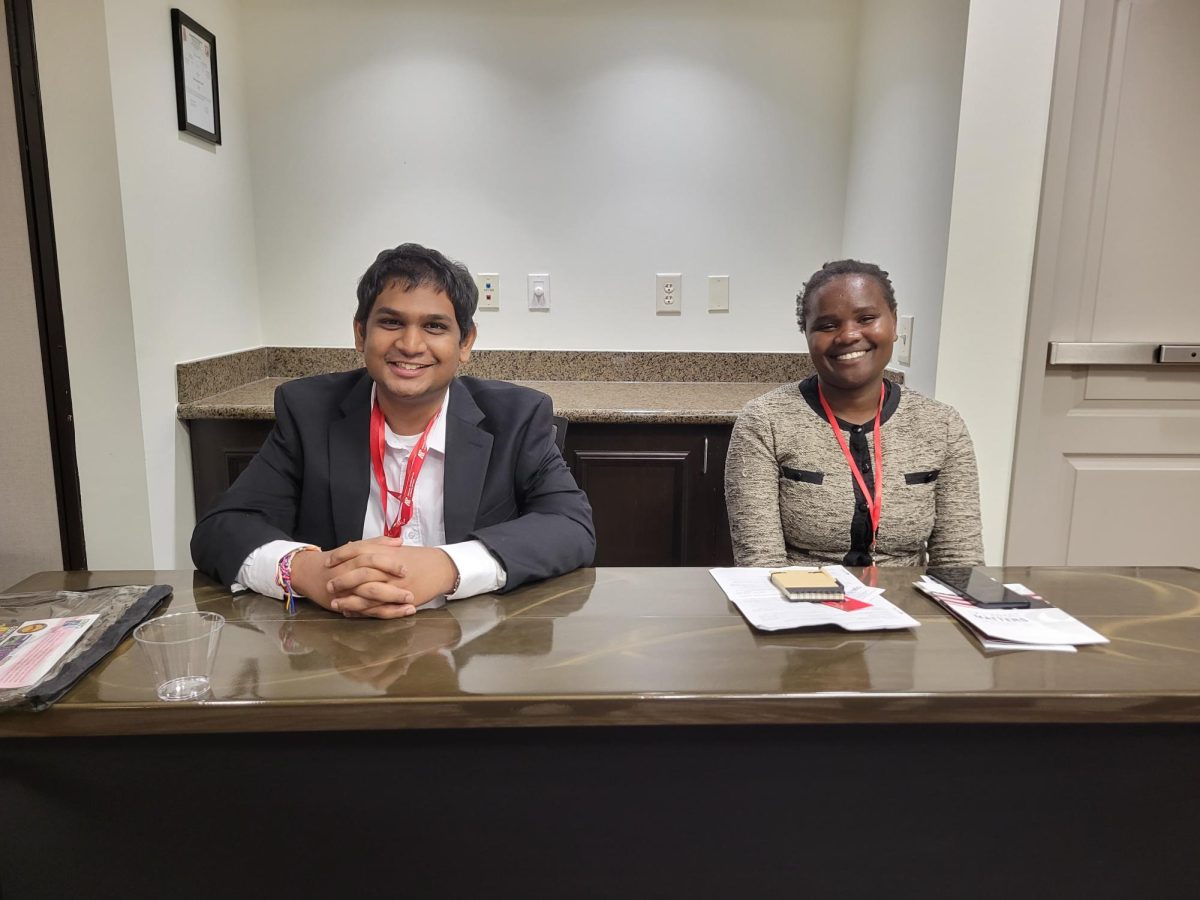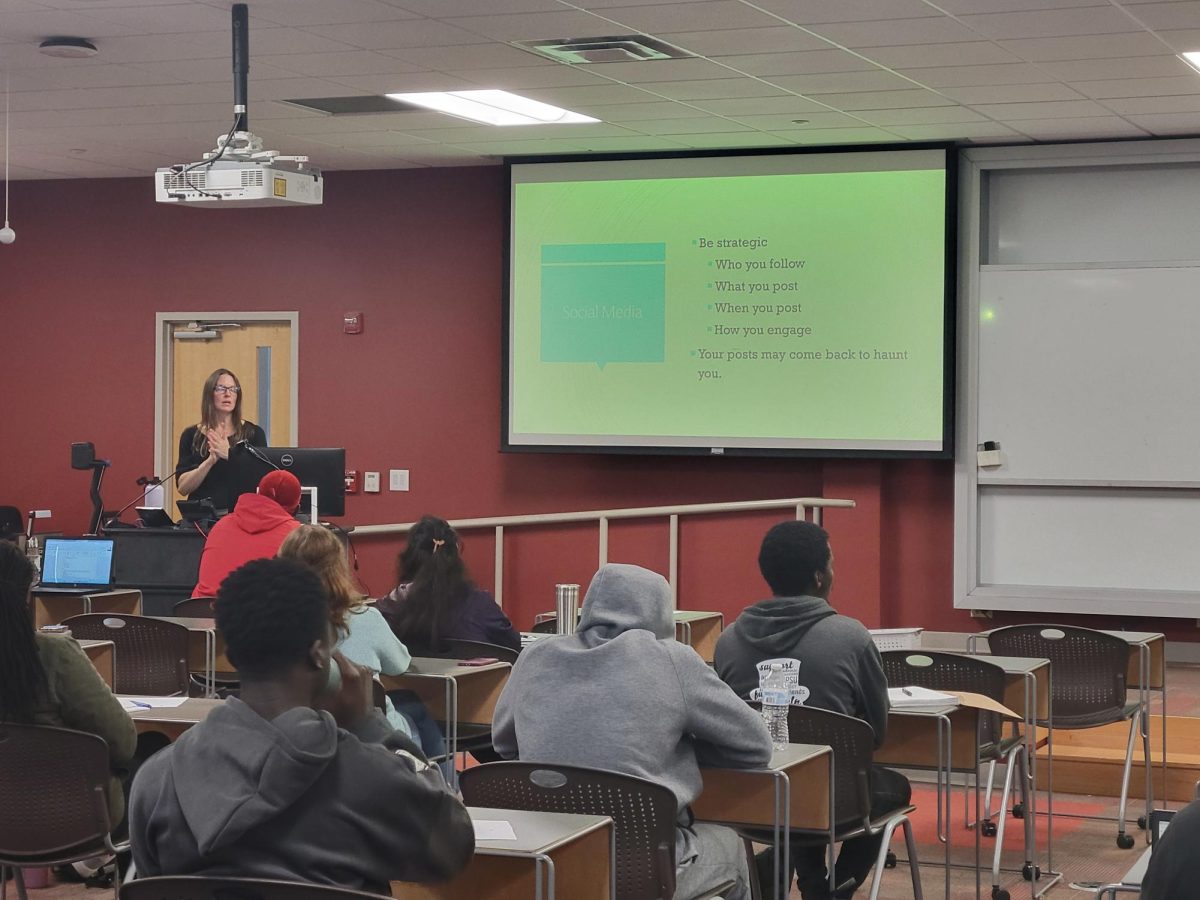The Printing Task Force held a town hall style meeting in the Woodward Library on Monday, April 4, to inform students about recent developments in the implementation of Pharos and to answer student concerns about the new print management system.
The hour-long meeting featured representatives from various departments at APSU including Finance and Administration, Student Affairs, IT and faculty. After a brief introductory PowerPoint, Laura Prange, the head of the task force, encouraged students to voice their concerns to the panel about Pharos.
During the discussion, the panel discussed several new developments about Pharos and its implementation.
One change to the system is the new ability for students to have the unused remainder of their $30 credit to roll over from the fall to spring semester.
The Printing Task Force changed the policy in response to student concerns discussed at the March 23 SGA Senate meeting.
The panel said they did not know if funds would roll over into or from the summer semesters.
Another change discussed is how faculty will work to accommodate the new limits placed on students.
Chemistry professor Robin Reed mentioned the university would encourage professors to print out materials for students each class, clearly state what students must print and to provide online material.
APSU has gathered data regarding students’ printing habits. It was collected in a Spring 2013 review using the library’s old printing services software. The report showed 1,233 students each printed out over 500 sheets of paper with one student printing out 8,863 sheets of paper alone.
Political science major Crystal Brinkley asked the panel why the data was old and if the task force could publish up-to-date data. Director of University Facilities Andy Kean promised to have recent numbers published.
Kean said “data from at least the month of March or April” will be made public.
Brinkley also suggested that students with light sensitivity or poor eyesight might suffer from using computer screens more often under Pharos. Kean said the Printing Task Force would go back and consider accommodations for students with disabilities.
Kean said it might be possible for students with doctor’s notices to receive some form of accommodation through Disability Services in the future.
Anthony Cross, a political science major, asked the panel if they would take into account student academic performance during Pharos policy meetings.
“My main concern, not that sustainability is not important, is if students feel like they are not academically performing as they once were it is more important [than sustainability],” Cross said.
Reed agreed with Cross saying departments will ideally pick up some of the printing burden.
“We don’t want [Pharos] to affect the teaching quality and the educational experience,” Reed said “I envision that the departments are going to do a lot more of the copying of materials that are truly required for that course.”
Prange said throughout the meeting the task force listened to the students and encouraged more input from the student body about Pharos. She also stated the current policies would be up for review in 2017.







